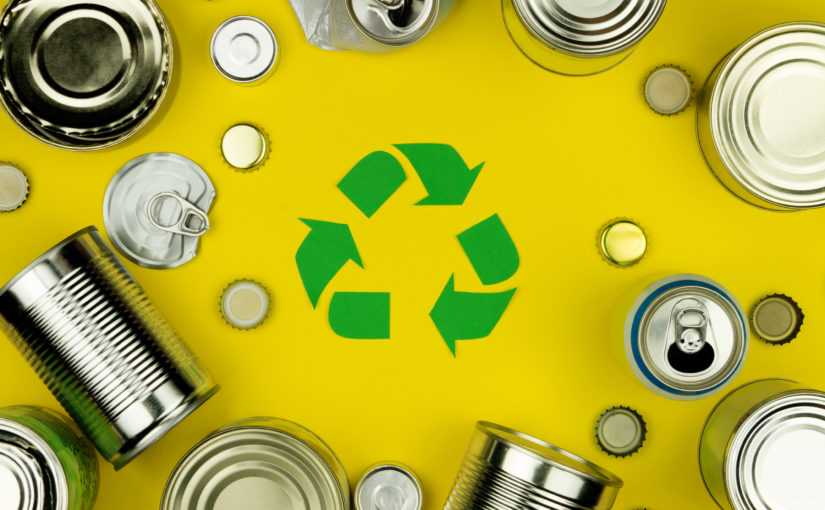Following every year of Glastonbury Festival, the media is awash with images of the trash left behind by the festivalgoers once they have headed for home. This equates to fields of litter, some recyclable and some not, all left for someone else to deal with.
This has sadly become the norm over the years, with around 8oo litter pickers descending upon the festival site to gather up all of the rubbish and deliver it to the onsite recycling centre — both throughout the festival and when it is over.
In this blog post, we look at how eco-friendly the Glastonbury Festival is — from its waste to its energy, to its plastic use.
Continue reading How eco-friendly is Glastonbury Festival?

